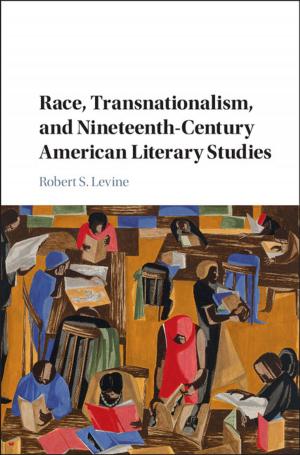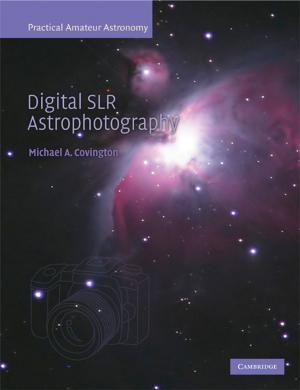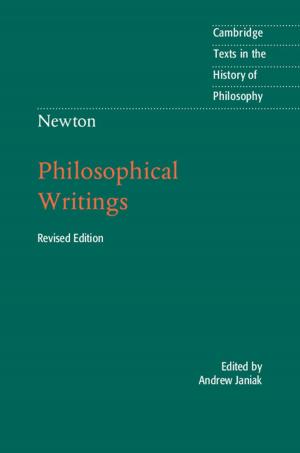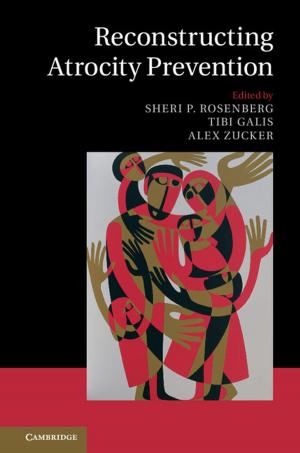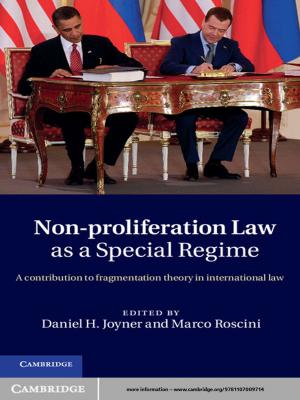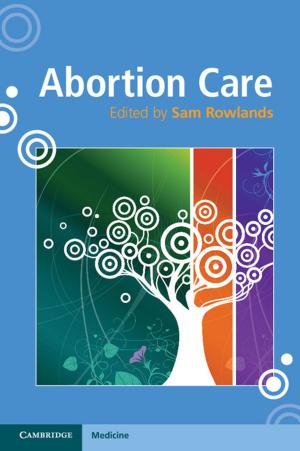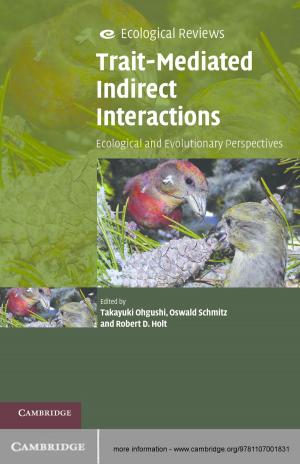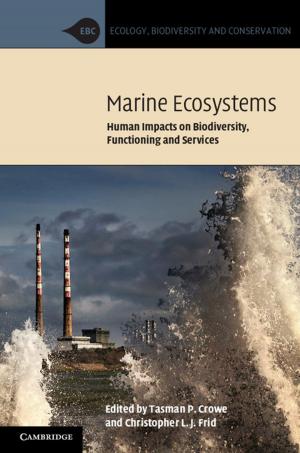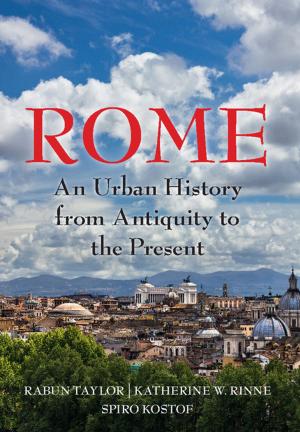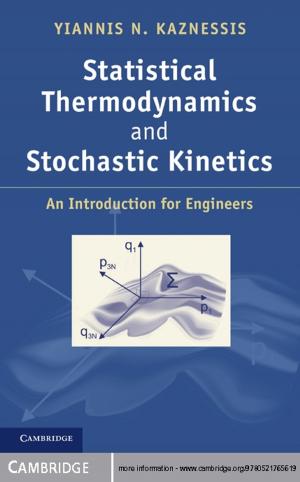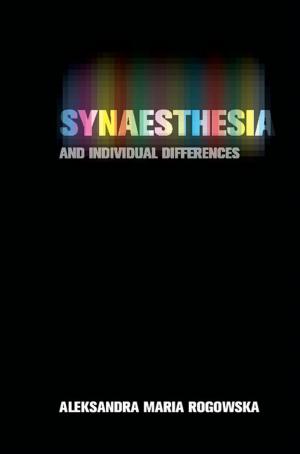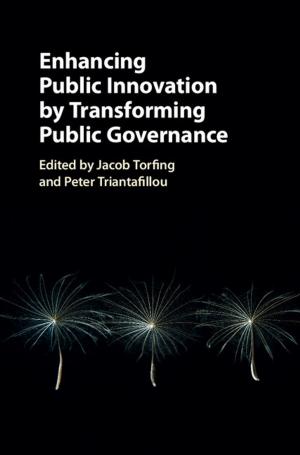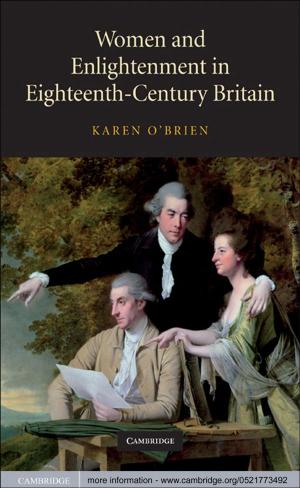The Cambridge Companion to Literature and Science
Fiction & Literature, Literary Theory & Criticism, Theory| Author: | ISBN: | 9781108546973 | |
| Publisher: | Cambridge University Press | Publication: | April 30, 2018 |
| Imprint: | Cambridge University Press | Language: | English |
| Author: | |
| ISBN: | 9781108546973 |
| Publisher: | Cambridge University Press |
| Publication: | April 30, 2018 |
| Imprint: | Cambridge University Press |
| Language: | English |
In 1959, C. P. Snow lamented the presence of 'two cultures': the unbridgeable chasm of understanding, and knowledge between modern literature and modern science. Over the past twenty years, scholars in literature and science studies have worked diligently to interrogate relations between twentieth- and twenty-first-century literature and science as radically alienated from each other. The Cambridge Companion to Literature and Science offers a roadmap to developments which have contributed to the emergence of reciprocal connections between the two areas of study. Weaving together theory and empiricism, individual chapters explore major figures - Shakespeare, Bacon, Darwin, Henry James, William James, Einstein; major genres - fiction, science fiction, poetry, dramatic works, science studies; and major theories and movements - pragmatism, critical theory, cognitive science, ecocriticism, cultural studies, affect theory, digital humanities, and empiricism. This book will be a key resource for scholars, graduate students, and undergraduate students alike.
In 1959, C. P. Snow lamented the presence of 'two cultures': the unbridgeable chasm of understanding, and knowledge between modern literature and modern science. Over the past twenty years, scholars in literature and science studies have worked diligently to interrogate relations between twentieth- and twenty-first-century literature and science as radically alienated from each other. The Cambridge Companion to Literature and Science offers a roadmap to developments which have contributed to the emergence of reciprocal connections between the two areas of study. Weaving together theory and empiricism, individual chapters explore major figures - Shakespeare, Bacon, Darwin, Henry James, William James, Einstein; major genres - fiction, science fiction, poetry, dramatic works, science studies; and major theories and movements - pragmatism, critical theory, cognitive science, ecocriticism, cultural studies, affect theory, digital humanities, and empiricism. This book will be a key resource for scholars, graduate students, and undergraduate students alike.

